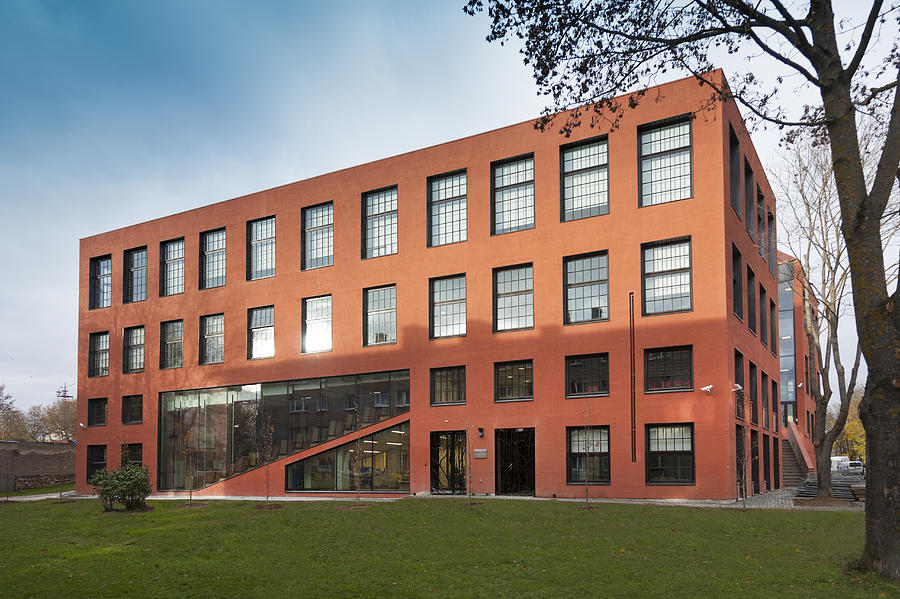
“Suburban Greater Boston communities may be the natural beneficiaries of future work trends, with potential for increased vibrancy as remote eligible workers spend more time closer to home,” concludes the consulting firm McKinsey & Co. in a recent study commissioned by the Baker administration. This is good news for businesses that are already established or looking to expand into the ‘burbs.
Due to the pandemic, remote eligible workers spend more time closer to home which could impact the need for more local office, industrial and housing construction. McKinsey forecasts that the decrease of two days in office space will reduce footprint demand by 15 percent in the long haul, while three day in-office demand will be diminished by 22 percent, in addition to a 30 percent business travel decline in Boston and Cambridge. Fewer trips downtown could boost the vibrancy of the Suburban Boston and Metro West areas, creating demand for more local businesses, retail, and housing to open.
“Planning ahead for this gravitational pull to the suburbs is a wise move for business owners,” says Tony Chiarelli, President of Landmark Associates. “As more business owners are reading the tea leaves on the “new normal” for workers, it’s become clear that now is the time to be proactive on future workspace needs.” Fewer trips downtown with the ability to work remotely coupled with more spending locally, results in more dynamic communities and commerce in the ‘burbs.
At Landmark Associates, we are bullish on the future of construction and renovation in the suburbs. Bids for projects and fit outs are increasing as business leaders anticipate the boost in demand for suburban workspaces. Although building supplies and skilled labor will remain a hot commodity well into the near future, with careful planning and guidance, Landmark clients will stay ahead of the curve and at the center of gravity in the Greater Boston and Metro West suburbs.


